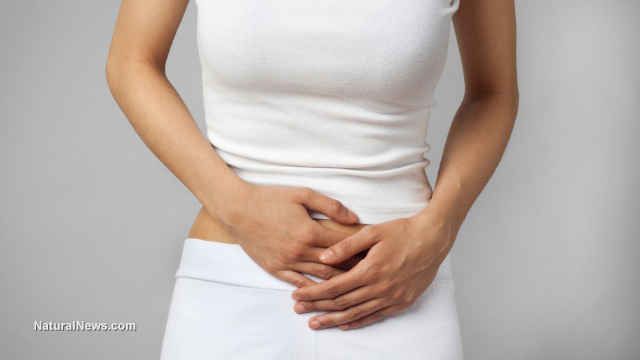
Dietary tips for women with heavy menstrual bleeding
Learn more: http://www.naturalnews.com/046158_menstrual_bleeing_dietary_tips_menorrhagia.html#ixzz38WpD5Tjz
Many women experience heavy menstrual bleeding, a condition called menorrhagia, that warrants medical attention. (1) For some women, attention from a medical professional is necessary, because underlying factors such as polyps, fibroid tumors and hormonal disturbances could be at hand. For others, it's simply a frustration in that the duration and heaviness of their flow is more of a nuisance than a health concern. In fact, nearly 30 percent of premenopausal women complain of heavy bleeding, yet only 10 percent of them have blood loss to the extent that puts them in the category of women who have menorrhagia. (2)
Either way, a change in diet may help reduce heavy menstrual bleeding. As is the case in most instances when seeking relief from symptoms or even a complete reversal of a condition, when healthy dietary changes are made, health is restored.
Foods that fight heavy menstrual bleeding
In fact, according to Dr. Christiane Northrup, a member of the American College of Obstetrics and Gynecology and a leading authority in women's heath, it's essential for women dealing with heavy periods to eat a hormone-balanced diet that is rich in healthy fats and low in high-glycemic carbohydrates. "Eliminating all conventionally produced dairy foods (even low-fat ones) for at least three months often helps as well," she said. (3)Therefore, replacing white breads, salty snacks and sweets with low-glycemic foods such as broccoli, kidney beans, spinach and bulgur wheat is beneficial (1, 4). Healthy fats include ones rich in ideal ratios of omega-3s and omega-6s such as walnuts, avocados and extra-virgin coconut oil. (5)
Dr. Northrup also suggests eating fruits and vegetables that offer large amounts of vitamins A, C and E, explaining that they can help improve menorrhagia symptoms. (1) Such foods include cherries, tomatoes, Brussels sprouts, citrus fruits and squash.
Brussels sprouts, for example, are not only ranked as having a "very low" gylcemic index by The World's Healthiest Foods website but also considered an excellent source of vitamin C and are a vegetable that contains omega-3 fatty acids. (1)
No comments:
Post a Comment